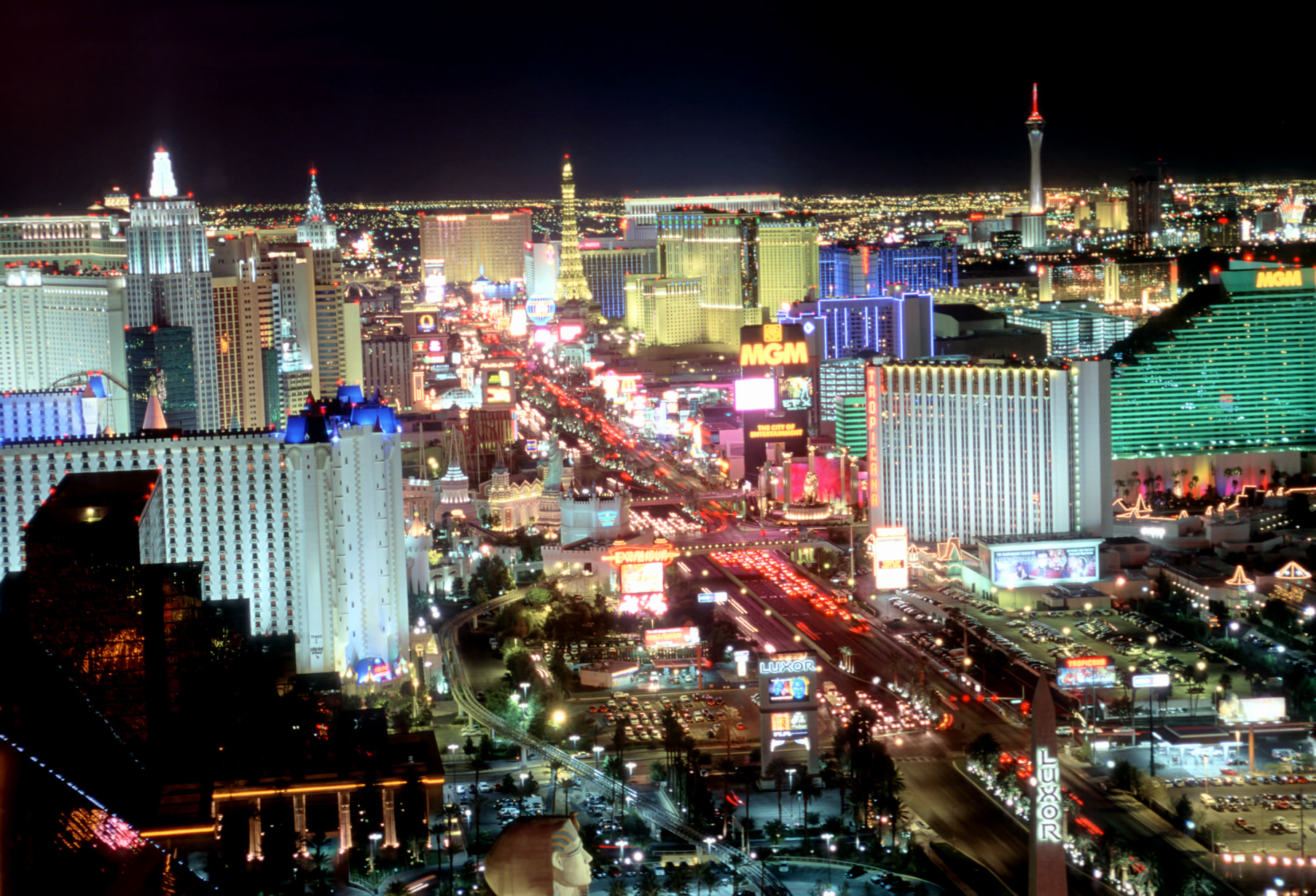 Online gambling industry marketing could be worth upwards of $3billion over the next five years as the industry moves towards regulation in the United States of America. Advertising Age quotes Simon Holliday, director at H2 Gambling Capital, as stating “somewhere between $3.5 billion and $4 billion could be spent by the internet-gaming sector” over the next five years on marketing in this part of the industry.
Online gambling industry marketing could be worth upwards of $3billion over the next five years as the industry moves towards regulation in the United States of America. Advertising Age quotes Simon Holliday, director at H2 Gambling Capital, as stating “somewhere between $3.5 billion and $4 billion could be spent by the internet-gaming sector” over the next five years on marketing in this part of the industry.
Holliday then added: “Driving players to their sites is the biggest single cost of these companies. It is probable that 25% to 30% of company net revenues [20% less than the gross including bonuses] will be spent on advertising and marketing budgets in the initial years, as there is a land grab.”
There was confusion among online gambling affiliate marketing firms earlier this year when Nevada announced it was allowing online poker with many wondering what role they could play in a regulated US market. Most think that marketing will come directly from casinos themselves as they are likely to be the only ones permitted to advertise in the new market.
Caesars Interactive Entertainment will be right in the mix and CEO Mitch Garber thinks that online and offline gambling are “very complementary”. When it was put to him that more traditional forms of advertising might become unnecessary, he told Advertising Age: “We’re not going to do away with magazine, TV and billboard advertising, but we’ll be a lot more creative.”
As for the challenges that the US market will present, the Advertising Age article cites an online marketing expert who says “the greatest obstacle for agencies” will be the revision of their “local marketing approach from one focused on designated market areas to one focused on a state-by-state basis”. This could of course be made easier if a so-called “soft” federal regulation takes place by way of state compacts. The new market will still present a very different online gambling marketing approach than many are used to and until the markets are in fact opened, no one is in a particularly good position to tell how it will play out.
